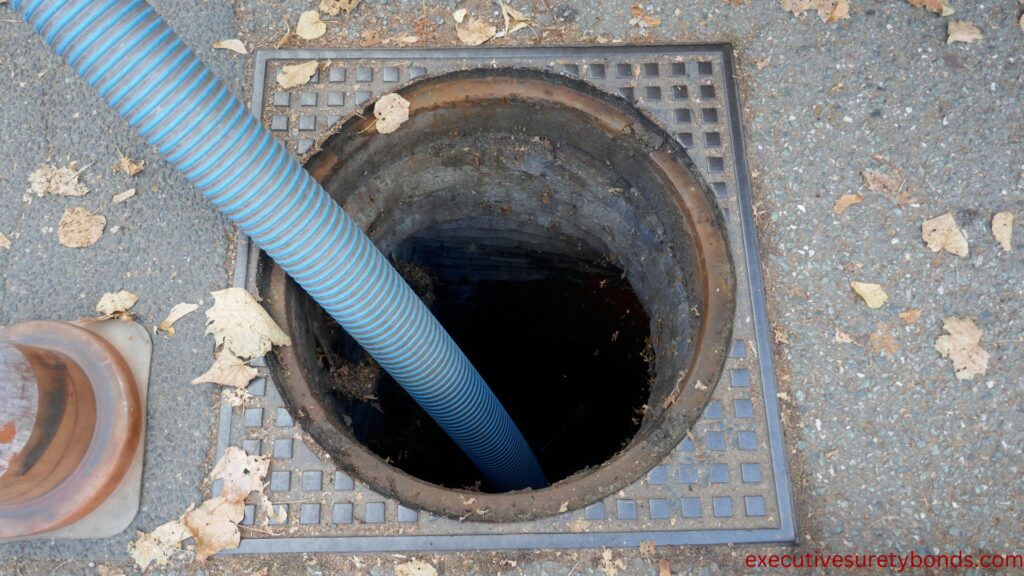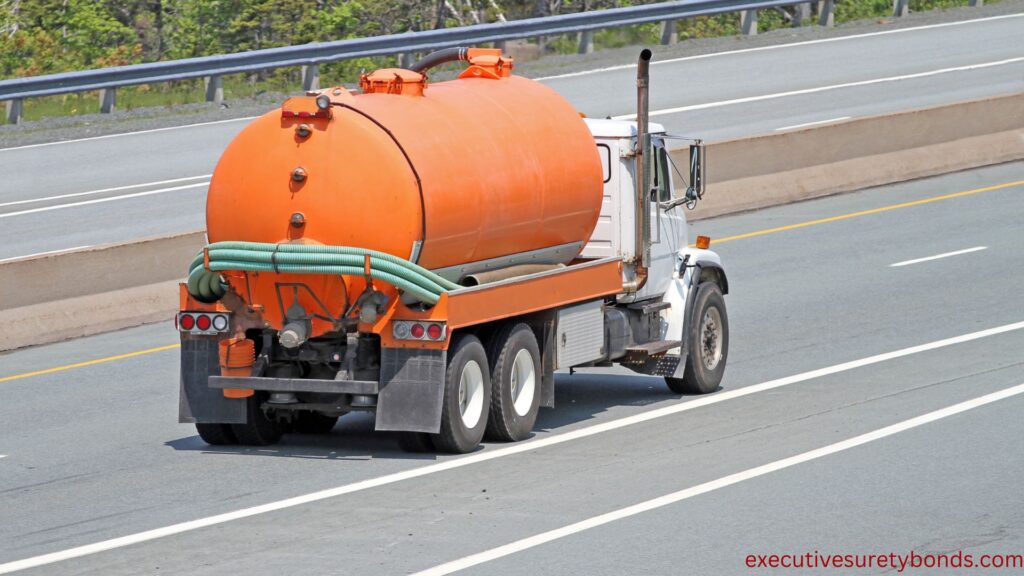Introduction
Hidden beneath our feet, subsurface sewage disposal systems play a crucial role in maintaining public health and environmental integrity. To ensure that these systems are installed and maintained responsibly and in compliance with local regulations, the state of Idaho requires Subsurface Sewage Disposal Installers to secure the Idaho Subsurface Sewage Disposal Installer Bond. In this article, we will explore the intricacies of this bond, its importance, and why it stands as a guardian of environmental and public health in Idaho.
Understanding the Idaho Subsurface Sewage Disposal Installer Bond
The Idaho Subsurface Sewage Disposal Installer Bond is a financial security requirement mandated by the Idaho Department of Environmental Quality (DEQ) for individuals or entities engaged in the installation and maintenance of subsurface sewage disposal systems. This bond serves as a protective measure, ensuring that installers adhere to environmental regulations, follow proper installation practices, and fulfill their contractual obligations.
Key Aspects of the Idaho Subsurface Sewage Disposal Installer Bond
- Environmental Responsibility: The primary objective of the Idaho Subsurface Sewage Disposal Installer Bond is to hold installers accountable for their actions concerning sewage disposal systems. It ensures that they adhere to environmental regulations, implement proper installation techniques, and protect groundwater and public health.
- Coverage Amount: The bond’s coverage amount is set at $5,000, providing a financial safety net for individuals or entities who may experience harm or financial losses due to the installer’s actions or negligence.
- Bond Premiums: Subsurface Sewage Disposal Installers are responsible for paying the bond premiums. The cost of the premium is influenced by various factors, including the coverage amount, the installer’s financial history, and their track record of compliance with environmental regulations.
Why is the Subsurface Sewage Disposal Installer Bond Necessary?
- Environmental Protection: It safeguards groundwater quality and protects the environment by ensuring that installers adhere to environmental regulations and employ proper sewage disposal techniques. This contributes to the preservation of Idaho’s natural resources.
- Public Health: The bond upholds public health standards by ensuring that sewage disposal systems are installed and maintained correctly, reducing the risk of contamination and disease transmission associated with improper systems.
- Regulatory Compliance: By requiring installers to obtain and maintain the bond, Idaho ensures that they operate within the boundaries of local environmental laws and regulations. This promotes transparency, safety, and accountability in the installation and maintenance of subsurface sewage disposal systems.
Conclusion
The Idaho Subsurface Sewage Disposal Installer Bond is not just a regulatory requirement; it is a symbol of Idaho’s commitment to environmental preservation and public health. Installers engaged in subsurface sewage disposal systems within the state must understand the significance of this bond and adhere to local environmental regulations. By doing so, they contribute to an environment where residents and communities can enjoy clean groundwater, reduced environmental impact, and confidence that sewage disposal systems are installed and maintained with responsibility and integrity. The bond stands as a guardian, ensuring that Idaho’s natural resources remain unharmed, and that public health remains a top priority in the realm of sewage disposal.
Frequently Asked Questions
Can subsurface sewage disposal installers in Idaho who primarily work in remote or rural areas with low population density face different bonding requirements or considerations compared to those working in urban or densely populated regions?
In many cases, subsurface sewage disposal installers in Idaho are subject to uniform bonding requirements regardless of their geographical location. However, the specific needs and challenges of remote or rural areas may be taken into consideration by the Idaho Department of Environmental Quality (DEQ) when assessing compliance with environmental regulations. Installers working in remote areas should ensure that their installations meet the standards set by the DEQ, taking into account the unique characteristics of the region.
Are there any provisions within the Idaho Subsurface Sewage Disposal Installer Bond regulations that allow for a reduction in the bond amount or a streamlined bonding process for experienced installers with a long history of compliance and no reported violations?
Idaho’s regulations regarding the Subsurface Sewage Disposal Installer Bond typically do not include provisions for a reduction in the bond amount or a streamlined bonding process based solely on the installer’s compliance history. Installers with a strong track record of compliance and no reported violations should continue to fulfill the bond requirements as prescribed by the DEQ. However, a clean compliance record can be seen as a positive attribute when working with clients and regulatory authorities.
If a subsurface sewage disposal installer in Idaho secures a bond but later decides to cease their installation and maintenance activities, what is the process for releasing the Subsurface Sewage Disposal Installer Bond, and are there any waiting periods or conditions to fulfill before the bond can be discharged?
When a subsurface sewage disposal installer in Idaho decides to cease their installation and maintenance activities, the process for releasing the Subsurface Sewage Disposal Installer Bond typically involves contacting the Idaho Department of Environmental Quality and following their specific procedures. While there may not be waiting periods, the DEQ may have conditions and requirements that the installer must fulfill to ensure proper closure of their activities and compliance with bonding regulations. Installers should communicate with the DEQ for detailed guidance in such scenarios.

